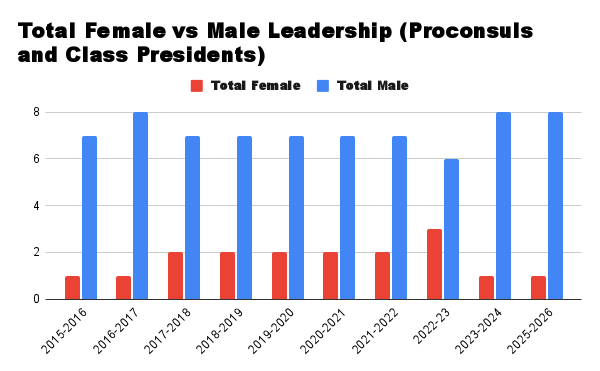Why Does the SAT Exist?
It is college application season meaning that seniors are stressing about essays, recommendation letters, and most of all, SAT scores. Over the past few decades, the SAT has haunted high schoolers because a student’s score has become an essential factor in college admissions. Many students are frustrated with the SAT because a single test is not very representative of a person’s intelligence or knowledge. Some people are good test takers, and some people are not. So if the SAT is an unfair measure of students’ knowledge, then why do we take the test?
Before the SAT was created, colleges and universities administered their own tests, which made the college application process complicated since applicants would have to take a different test for every school they applied to. Other universities only accepted students from certain high schools where the students were wealthy and well-educated. In the 19th century, a mere five percent of American students attended higher education, and these students were mainly white and upper-class. In the early 1900s, the presidents of 12 universities founded the College Entrance Examination Board, known today as the College Board. The board’s goal was to make a test that was more uniform and accessible to students applying to college. Psychologist Dr. Carl Brigham was invited to design the College Board’s first psychological examination, which they called the Scholastic Aptitude Test in 1926. The test was created to measure scholastic aptitude, or natural intelligence. Testing natural ability rather than accomplishment in specific subjects opened opportunities for less privileged students.
The only problem with branding the SAT as a test measuring aptitude was that Dr. Brigham was a fan of eugenics, or the study of improving the human genetic quality through selective breeding. He believed that intelligence was passed down through families so if they tested natural ability, ethnicities with lower intellectual capability would weed themselves out. In the 1990s, the College Board experienced an identity crisis, so in 1994, they rebranded the SAT as the “Scholastic Assessment Test.” The College Board didn’t want people to perceive the SAT as a test that measures something innate and unchangeable regardless of effort or instruction, but rather a test that measures–something. They were not sure what that something was, so in 1997, the College Board decided that “SAT” didn’t stand for anything. The College Board currently states that the test “[focuses] on the skills and knowledge at the heart of education. It measures: What you learn in high school, and what you need to succeed in college.”
One of the issues with the SAT is that it doesn’t actually test the skills you need to succeed in college. The SAT tests a student’s basic skills while in college, students are tested on their depth of understanding. A study published in the journal Educational Researcher shows that SAT scores don’t accurately predict a student’s success in college and that grade point average (GPA) is a better predictor. The other main issue with the SAT is that it does not just reflect a student’s intelligence and hard work. It also reflects the financial stability of that student’s family because there are thousands of SAT prep courses and tutors and most of them have a heavy price tag.
Looking forward, the SAT may play a smaller part in college admissions. In response to the pandemic, many universities have decided to go test optional, meaning schools will not require students to submit test scores. As a result, admission teams will have to focus more on transcripts, extracurriculars and activities, and the personal statement essay. Even before this admission year, a handful of colleges did not require standardized test scores. If this system does not continue into the future, students should not worry too much about their SAT scores. It is important to keep in mind that college admission officers use a holistic approach. So if you are stressed about SAT scores, remember that this year, for most universities submitting test scores is optional and your scores are not the only determining factor.










